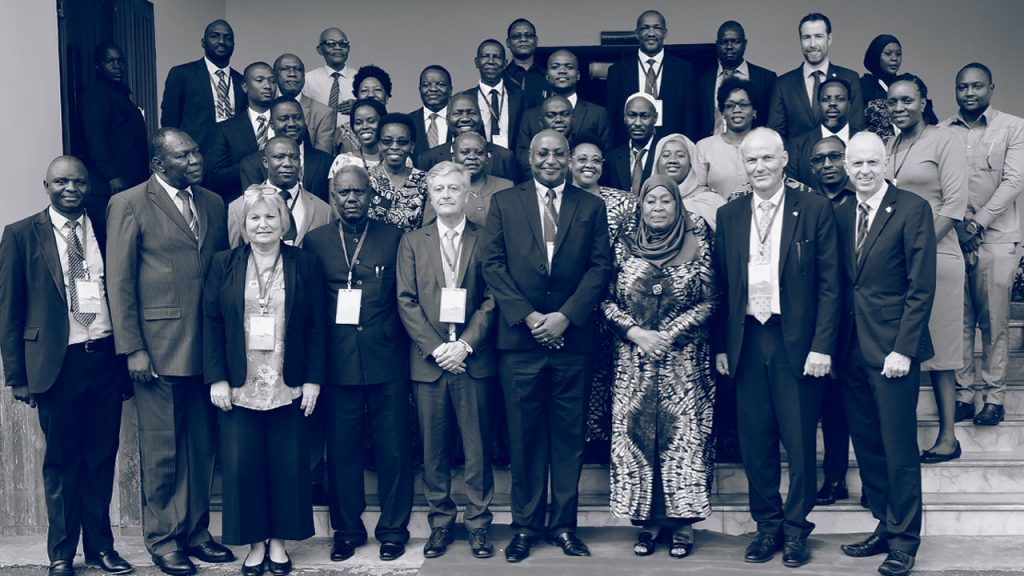Climate finance refers to the financial resources mobilized to fund actions that aim at mitigating the impacts of climate change, reducing vulnerability, and increasing the resilience of human and ecological systems to negative impacts of climate change. Climate finance remains central to achieving low-carbon, climate-resilient development. This policy brief specifically examines Climate Finance Flows and Finance needs; the way forward for Tanzania; how it takes to establishing a National Climate Change Financing Mechanism (NCCFM) and the Climate Change Fund (CCF), hence it offers proposed key actions for establishing the CCF as outlined in the FYDP III Financing Strategy. This policy brief also examines proposed areas of inclusion in the NCCFM, the coordination mechanism, and an evaluation of the capacity needs.
Climate finance availability and access in Tanzania

PUBLICATIONS

© 2025 REPOA. Created for free using WordPress and Kubio

Comments are closed